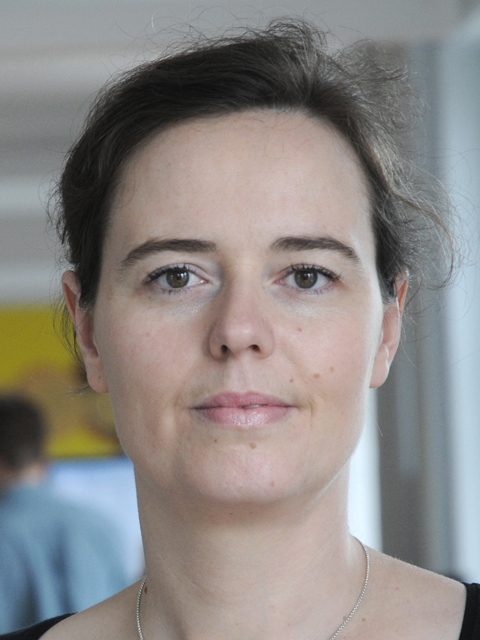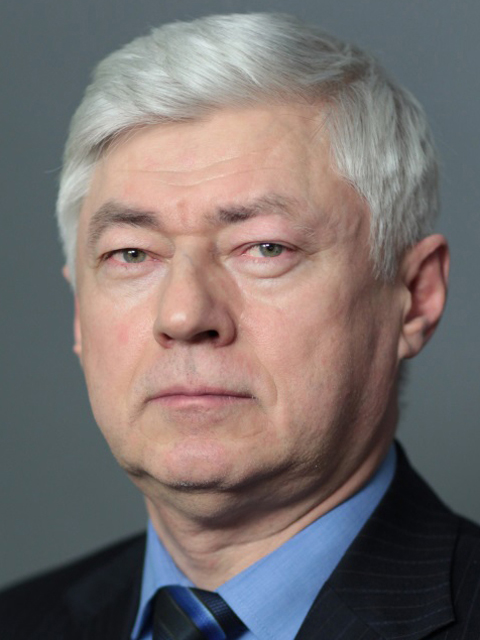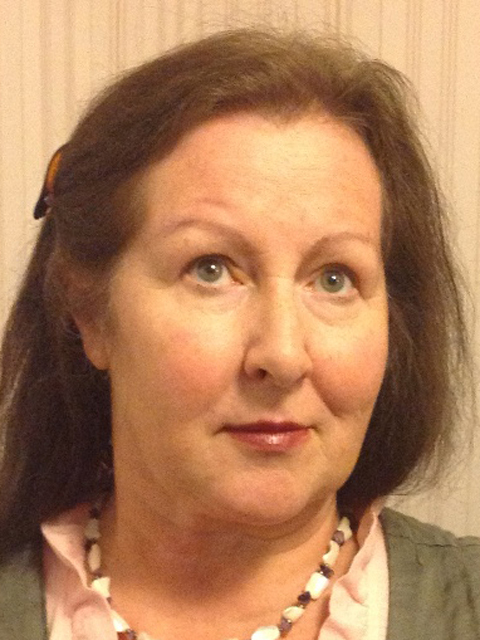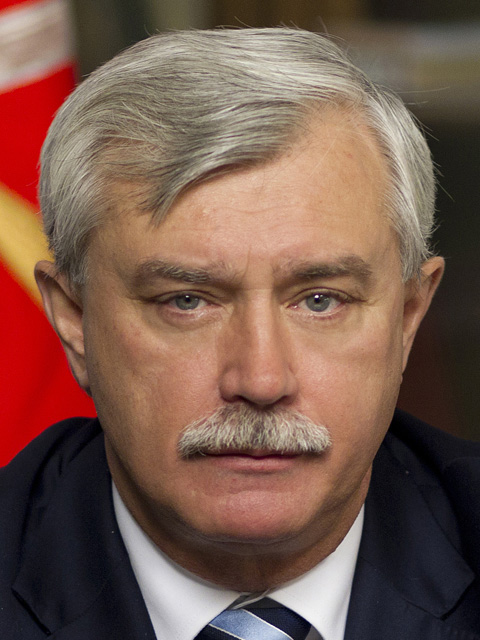URBANIZATION TRENDS: CREATING CITIES FOR PEOPLE
The number of urban residents is growing by nearly 60 million per annum, so that by 2050 some 6.4 billion people – or seven out of every ten people – will be living in a city. This enormous demographic transition requires new approaches in urban planning and development, and cities of all sizes and in all geographies are replacing the ‘modernist’ town planning concept of the 20th century with the concept of ‘Cities for People’, where planning takes place on a ‘human-scale’. How can city planners, policy makers, businesses and other constituents best collaborate to make our cities convenient, affordable, lively, safe, and attractive to live in? How can the private sector come to benefit from this fundamental shift in approaches to urban development?
Moderators
Henriette Vamberg ,
Director and Head of Gehl Cities, Gehl Architects; Expert, Project SAGA Public Spaces in Transformation
Oleg Pachenkov ,
Director, Centre for Applied Social Research, European University at St. Petersburg
Panellists
Markus Appenzeller ,
Architect, Urban Planner, Partner, MLA+ (Netherlands)
Mika Boedeker ,
Director, Nordic Council of Ministers' Information Office in St. Petersburg
Vsevolod Belikov ,
Chair, Council of Municipalities of St. Petersburg
Vladimir Vasiliev ,
Rector, St. Petersburg National Research University of Information Technologies, Mechanics and Optics
Jan Gehl ,
Founding Partner, Gehl Architects
Anatoly Kotov ,
Chair, Committee for Economic Policy and Strategic Planning, St. Petersburg
Enric Massip-Bosch ,
Founder, EMBA ARCHITECTS; Architecture and Urban Planning Advisor to the Vice-Mayor of Barcelona
Nina Oding ,
Head of the Research Department, ICSER Leontiev Centre
Georgy Poltavchenko ,
Governor of St. Petersburg
Daniyar Yusupov ,
Architect, Member of Town Planning Council of St. Petersburg, Member of the Expert Platform ‘Open Laboratory of the City. OLG’, Expert on ‘The SAGA of the City’ project
Stanislava Boskovic Sigon ,
Architect and Urban Designer; Partner, Architectural Systems Office
Boris Zhikharevich ,
Director, Resource Center for Strategic Planning, ICSER Leontiev Centre
Vyacheslav Makarov ,
Chair, St. Petersburg Legislative Assembly
Nikolay Pryanishnikov ,
President, Microsoft in Russia




















